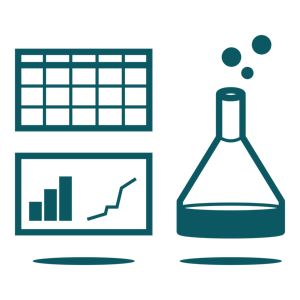Epidemiology is the study of the distribution and determinants (i.e.: causes, risk factors) of diseases and other health-related events in a population. The field of epidemiology is characterized by quantitative methods that help determine how many people have a disease or disorder, how the spread of the ailment is changing over time, how it is affecting society, and how it can be prevented or contained.
In public health education, British doctor John Snow is often hailed the “father of epidemiology”. In the mid 1800s, he proved that a cholera outbreak in a London neighborhood stemmed from contaminated drinking water. This theory differed greatly from the popular medical theories of the time, and Snow was not taken seriously by the general medical community. Now, it’s clear that his methods-- which included identifying those who drank the contaminated water and their disease status, mapping the residences of those afflicted by cholera, and eliminating the suspected contamination source to investigate a change in infection rates-- were the precursors of techniques used in descriptive epidemiology, which describes person, place, and time as they relate to the outbreak, and analytical epidemiology, which involves using experimentation to find a cause and effect relationship.
Today, our understanding of epidemiology extends beyond infectious disease. Diseases studied using epidemiological methods also include non-communicable and chronic conditions, like cancer and cardiovascular disease. Although epidemiologists are commonly referred to as “disease detectives”, epidemiology also involves the study of injury, health treatments, and environmental health hazards, natural disasters, and bioterrorism.




